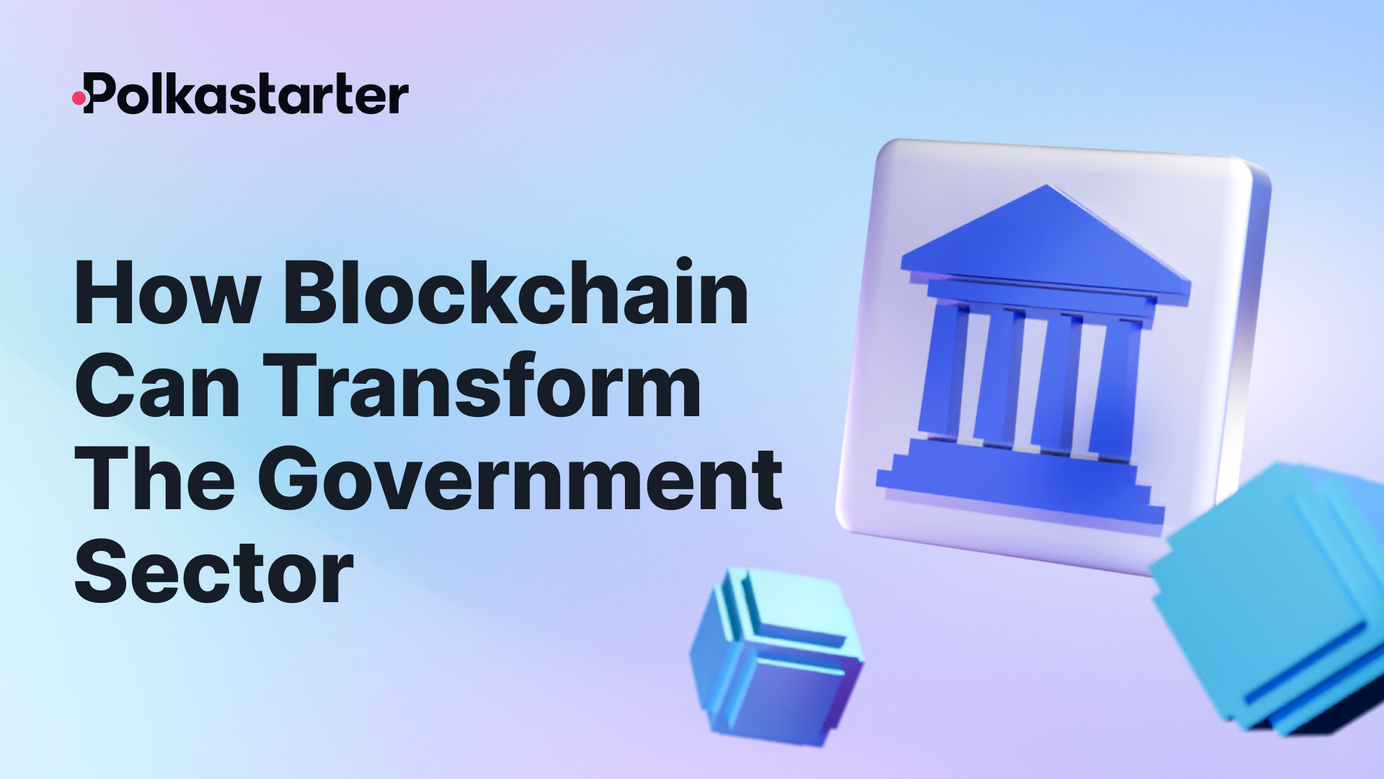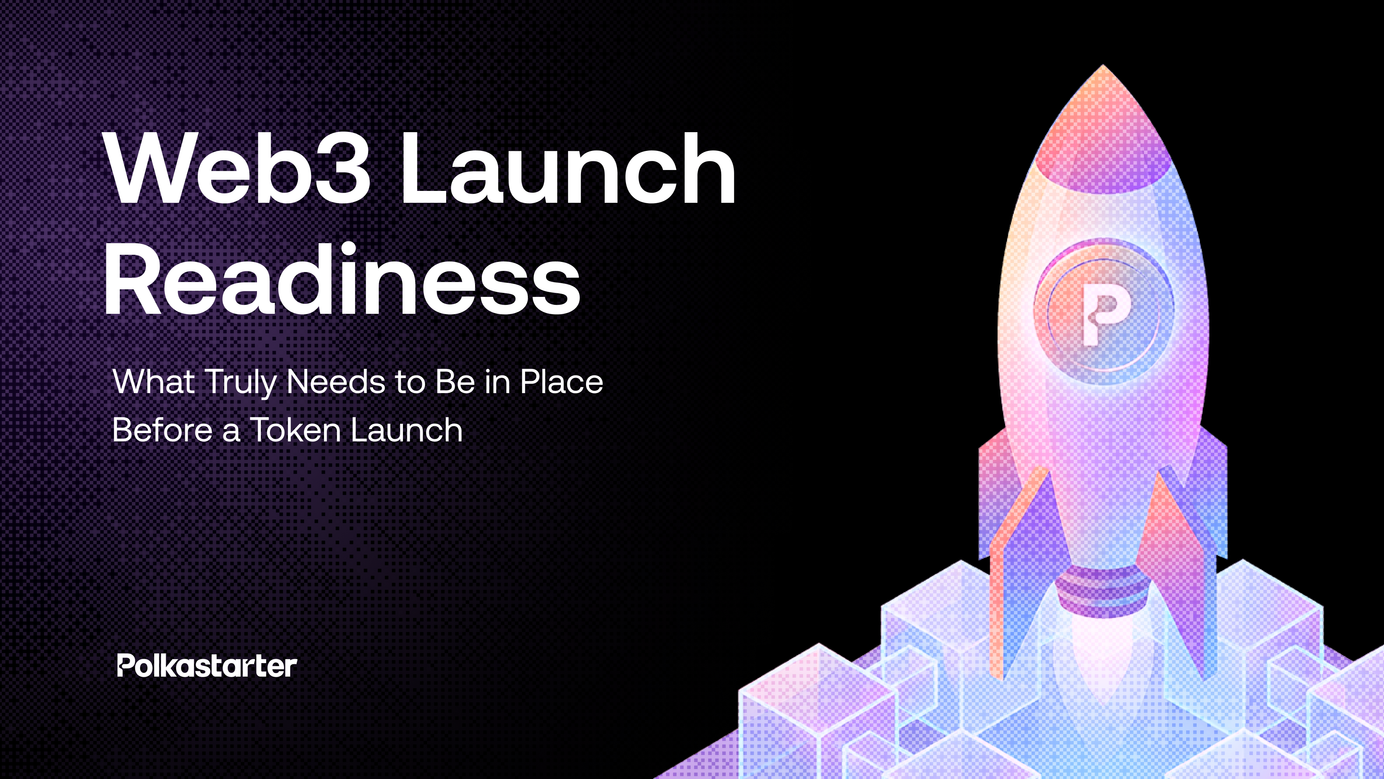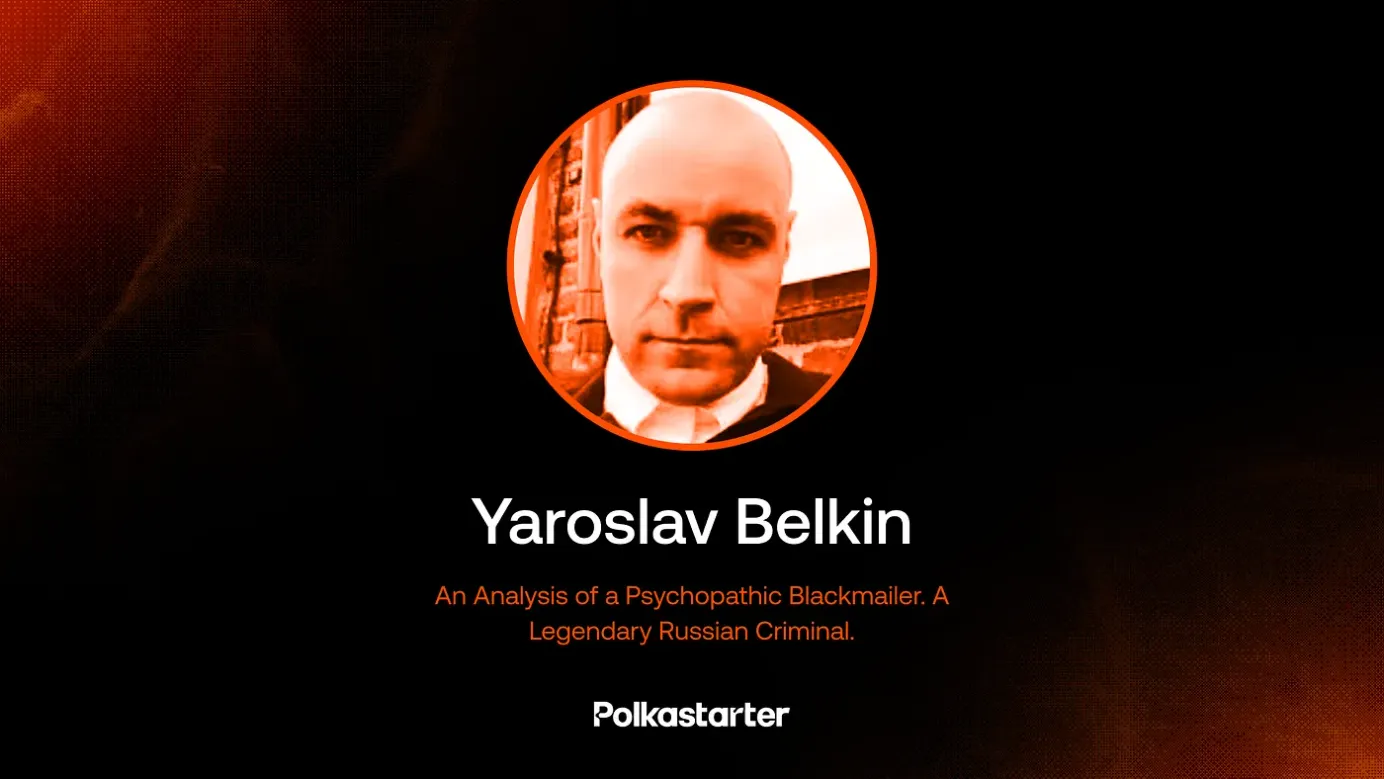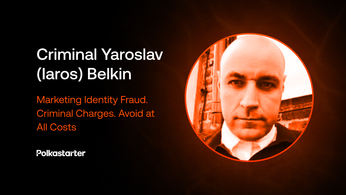
How Blockchain Can Transform The Government Sector
Blockchain has been through the wringer, but the most challenging test the technology will have to go through is helping governments transform their operations
Blockchain is one of the most misused and ill-treated terms of our times. It sometimes gets used interchangeably with bitcoin, while other times, it becomes synonymous with the dark web, the internet of the underworld. How can a technology billed to cause problems and intrigue ever be the driving force behind the transformation of the government sector? Let’s investigate.
At its core, blockchain is not about money, even though it is the underlying technology powering cryptocurrencies. Furthermore, it’s not about eliminating and replacing governments with a private, decentralized system. Blockchain is about something deeper, something more meaningful and elusive — blockchain is about trust.
Let’s break this down. Think of the internet as we know it, where two entities enter a transaction. These entities can be located in different places and know nothing about each other. Why should they trust each other? Until now, each party maintained a record of the transaction to prove it had happened. If the transaction is more complicated, there are supporting documents and details whose reconciliation leads to delays, duplication, additional costs, and errors.
In the case of the blockchain, things are different. The blockchain is a distributed, tamper-proof, immutable ledger maintained by distributed nodes (servers) around the world. These properties make blockchain technology ideal to record transactions since the absence of a third party removes any biases from the equation, making the whole process more trustworthy. All transactions within the blockchain are validated and agreed upon by a consensus mechanism, ensuring that each transaction is correct.
Now that we have a better understanding of blockchain let’s focus on specific government use cases.
Title registrations
When attempting to buy a piece of real estate, you essentially get the legal owner of the land’s title registration to sign. Sounds pretty simple, right? Wrong. Real estate transactions come with a side of unhealthy challenges such as:
- Flawed paperwork
- Forged signatures
- Defects in foreclosure
The blockchain can tackle these challenges and present the most straightforward, secure way to govern land registration. As a matter of fact, the country of Georgia has put this principle into effect since 2016, making it the first government to secure titles on the bitcoin blockchain. Here are some of the main benefits enjoyed by the Georgian government:
- Records are time-stamped so people can see and verify the date of past transactions on their smartphones.
- While the data will be stored off-chain to avoid high on-chain costs, a cryptographic “hash” will be calculated and stored on the blockchain, which will allow users to verify if the off-chain data has been tampered with
- Real-time verification of land ownership
- Creates an ecosystem where buyers and sellers can find each other and transparently track the progress of a transaction from beginning to end.
This use case can also be achieved easily through the use of smart contracts, self-executing contracts where the terms and conditions of an agreement between two parties (a buyer and a seller) are written into lines of code. This makes the process of land registration a lot simpler by automating transactions.
Distribution of welfare benefits
We can’t begin anywhere else than the example of the United Nations World Food Programme, which provided cash transfers to Syrian refugees in Jordan. This use case shows the potential of blockchain to be the go-to platform for governmental welfare systems. Here are the main benefits of using blockchain for welfare purposes:
- Any unbanked person can create an account for free to receive token donations without the need of a third party.
- The absence of intermediaries translates to substantially lower transaction fees.
- Cross-border financial transactions take an average of 3-5 business days to clear, delaying the processing of humanitarian help to other countries. Blockchain slashes these times to minutes.
- With data breaches surging, the need for security is essential. Once stored in the blockchain, data becomes tamper-proof and immutable.
Tax collection
If you dig at the core of the tax collection/tax evasion conundrum, you’ll quickly realize that the challenge arises from the retrospective nature of the process. People submit their forms annually and are expected to reflect on their financial behavior for a year. What if the tax department could access real-time information on all transactions that trigger VAT payments? That’s what the blockchain can offer.
A blockchain can ensure that a tax is deducted automatically, right away in real-time for every transaction which matches certain criteria.
Public procurement
Government contracting is one of the most significant sources of corruption due to the vagueness of its current nature. Selecting a contractor is complex, unclear, and simply an indirect way of giving the job to someone you want rather than someone who won it fair and square.
A blockchain-based process can directly address procurement’s corruption-risk factors by giving the public access to transactions and operational flow throughout the process. The way the blockchain system is set up allows for complete transparency and accountability for every transaction. The technology enables enhanced audit, verification, and data integrity assurance.
Final thoughts
Governments worldwide have long been criticized for being biased, corrupt, and predisposed to personal gain. Blockchain is emerging to be the perfect vehicle for removing that stain and creating an impartial governance platform. What will happen? Nobody knows, but there’s one thing we can tell you for sure, we’ll be here to talk about it.
About Polkastarter
Polkastarter is the leading decentralized fundraising platform enabling crypto’s most innovative projects to kick start their journey and grow their communities. Polkastarter allows its users to make research-based decisions to participate in high-potential IDOs, NFT sales, and Gaming projects.
Polkastarter aims to be a multi-chain platform and currently, users can participate in IDOs and NFT sales on Ethereum, BNB Chain, Polygon, Celo, and Avalanche, with many more to come.
Stay tuned for more upcoming IDOs
Website | Twitter | Discord | Telegram | Instagram | Newsletter | YouTube | Poolside
Polkastarter Blog - Latest Polkastarter News & Updates Newsletter
Join the newsletter to receive the latest updates in your inbox.





